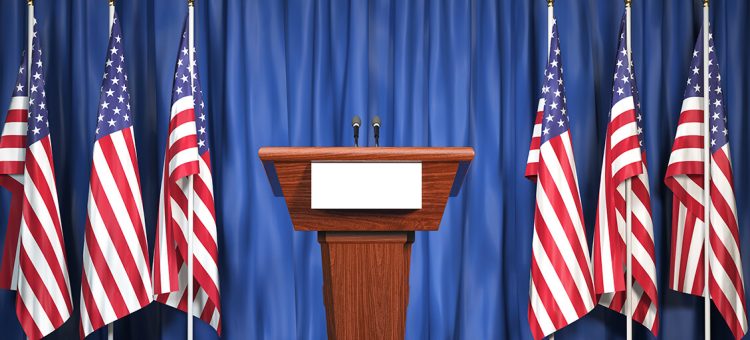Kamala Harris enters the presidential campaign as the only one of the four candidates on the major party tickets with net-positive favorables, albeit barely so. Unsurprisingly, she also enters as the least well known: more than a quarter (27%) of U.S. adults say they don’t know enough about Harris to say whether they view her favorably or unfavorably. Among those who can rate her, she has a +2 favorability rating, which is slim but still the highest overall favorability score between her, Vice President Mike Pence (-5), Joe Biden (-7), and President Donald Trump (-11).
Harris’ +65 net favorability rating among Democrats is on par with Biden’s +67. Notably—and in a nod toward party unity to start the campaign—Harris’ ratings are virtually identical among both liberal Democrats (73% favorable, 9% unfavorable) as with moderate or conservative Democrats (72% favorable, 6% unfavorable).
Among Black respondents, 52% have positive impressions, versus just 12% who hold negative ones; fully a third at this point have enough to go on. Biden among Black adults is 60% favorable, 19% unfavorable.
Vote confidence and vote by mail
More than four in 10 people (42%) say they plan to vote by mail in 2020, a large increase from the 25% who voted by mail in 2016. Just over half of people (54%) say they plan to vote in person, but the partisan divide here is clear: three quarters of Republicans and GOP leaners (75%) plan to vote in person, whereas 58% of Democrats and Democratic leaners plan to vote by mail.
Vote integrity is much more of a concern for voting by mail. Twice as many people say that, in general, voting by mail is less likely rather than more likely to produce fair and accurate results compared with voting in person (39% vs. 18%). About four in 10 (39%) say there is no difference between the two voting methods.
Overall, the vast majority (73%) are confident that their own vote in this year’s elections will be counted accurately, though substantial differences appear by race (with whites more confident than others), education (with college grads more confident than those with less education), income (with those in higher income groups more confident), partisanship (with Democrats more confident than Republicans).
Those who plan to vote in person and those who plan to vote by mail are equally confident that their own vote will be accurately counted.
For full results, click through the interactive toplines below.
Read more about our polling methodology here.



